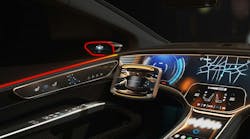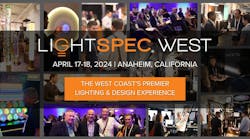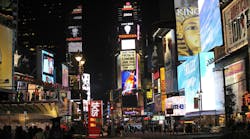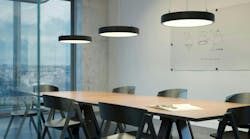This is the second of Nichia’s patents to be invalidated by KIPT in recent months, following a similar ruling in July 2008 – see Nichia LED patent ruled invalid in Korea (Jul 08).
On October 10, 2007, Nichia brought a patent infringement lawsuit against Seoul based on the 482 patent – see Nichia and Seoul Semiconductor extend patent disputes (Oct 07).
In March 2008, Seoul requested the KIPT to examine the validity of the 482 patent. After a thorough and extensive examination of the 482 patent, KIPT determined that the 482 patent lacks inventive step and therefore declared the patent invalid.
SemiLEDs
The KIPT ruling was also celebrated by Boise, Idaho-based LED maker SemiLEDs. The October 10, 2007, lawsuit brought by Nichia against Seoul Semiconductor was directed against Seoul's Z-Power LED P9 Series white LEDs. These LEDs contained Mvp™ LED chips from SemiLEDs.
SemiLEDs says that its Mvp™ LED technologies are protected by its own patents. To assist its customer Seoul, SemiLEDs decided to become involved in the Nichia lawsuit. "We had to countersue to get involved as we were not named by Nichia in their lawsuit against Seoul," said Chuong Tran of SemiLEDs. "It was 3-party lawsuit, with SemiLEDs and Seoul on one side and Nichia on the other."
Seoul reaction
Following the decision from KIPT, a Seoul official commented that “following another invalidation of Nichia’s patents, which were asserted against Seoul, Seoul is in a stronger position and feels confident that we will prevail in all the patent infringement lawsuits pending against Nichia.”
Seoul's spokesperson added that “as a company which respects patent rights, we will continue to sincerely evaluate the valid scope of all patents relating to our products, and where necessary will not hesitate to verify the facts in patent disputes.”




